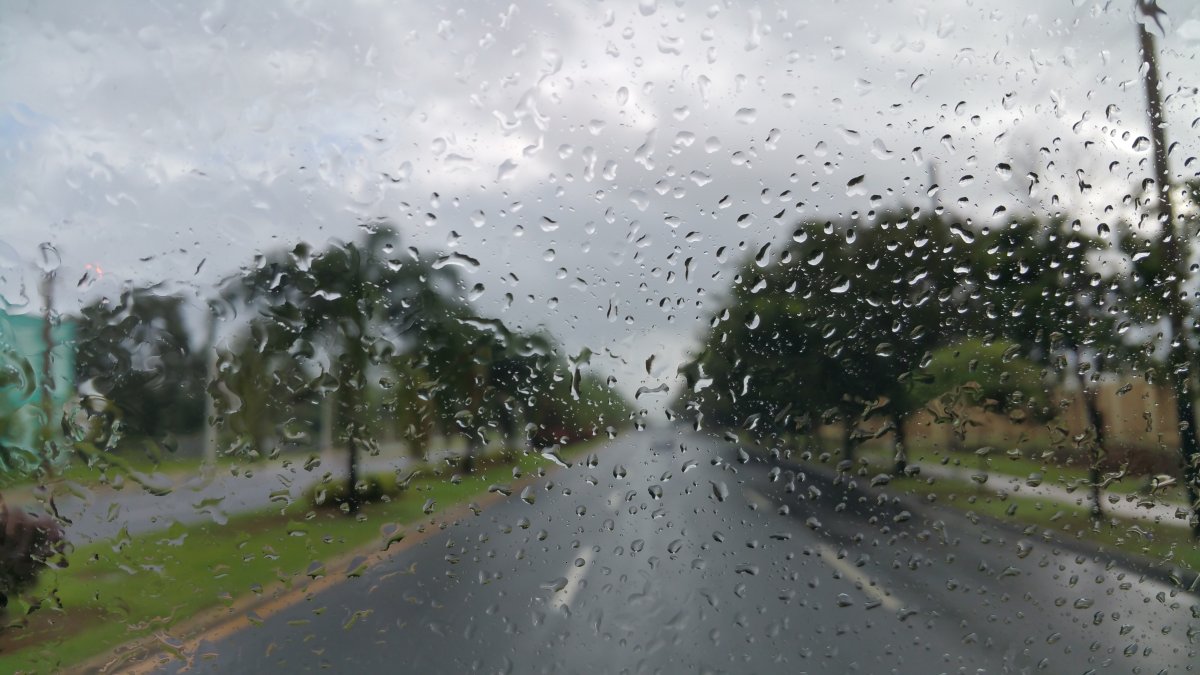Orlando Florida. – The National Weather Service (NWS) has raised the severe weather hazard for central Florida to level three on its scale, which means much of the region will be affected by high winds, rain, large hail and the formation of tornadoes cannot be ruled out either.
The NOAA Storm Prediction Center predicts the main threats will be hail 1 to 2 inches in diameter, winds over 60 miles per hour and lightning strikes.
“A brief tornado cannot be ruled out,” read the NWS forecast.
Meteorologists say about 2 inches of rain could fall, which could cause flooding on roads, low-lying or poorly drained areas.
Storms are expected to move southeast at 10-15 mph.
Severe weather is made up of several factors: high winds, tornadoes and/or hail.
What to do before, during and after a storm
Before the storm
You must ensure that the necessary supplies are ready in an accessible place. Make sure you know if you need to evacuate in a thunderstorm and where you can go
During the storm
Stay inside your home or shelter. If this is your accommodation, take refuge in a room without windows and on the lowest level of the building. If possible, stay under sturdy furniture that can protect you from debris.
after the storm
Be careful with water, tap water often needs to be boiled before drinking. If you see downed utility poles, never touch them or try to straighten them.
If you smell gas, evacuate the area immediately and call the authorities. Inform your insurance company if your belongings have been damaged and take photos.
How to protect your home and belongings
- Pick up all loose objects in your garden or terrace, such as: pots, chairs, toys, tables, barbecues, etc.
- Secure your windows with shutters or reinforced wood panels.
- Know which room or area in your home is the safest. It will always be furthest from doors and windows.
- Fill drinking water containers, including the bathtub.
- Keep your refrigerator as cold as possible and try not to open it if you don’t have to.
- Save electricity as much as possible and turn off unused appliances.
- Keep your cell phone batteries charged.
- In the event of a power outage, avoid using candles or gas lanterns. Flashlights are safer.
- Prune trees in advance. Never do it when we are under surveillance. Nor when we are under a hurricane or storm warning.
- In the event of a storm, the garbage collection service will be suspended. Keep trash inside your home.
- Once the storm has passed, do not pick up fallen branches or trees as there may be power lines between them. Report the presence of fallen trees to the authorities.

